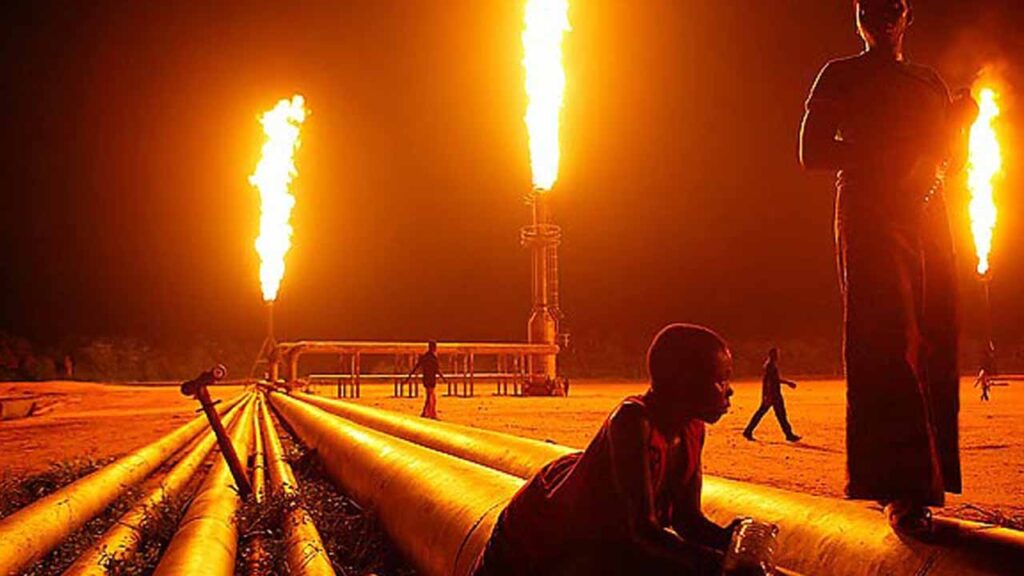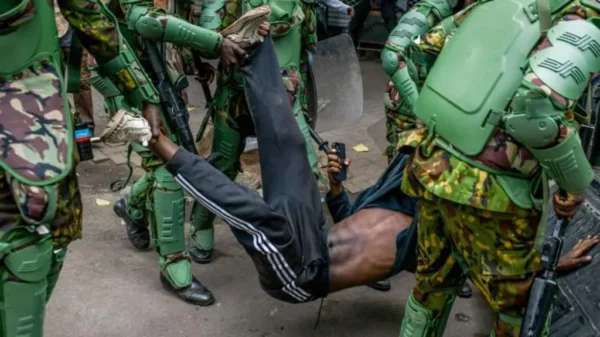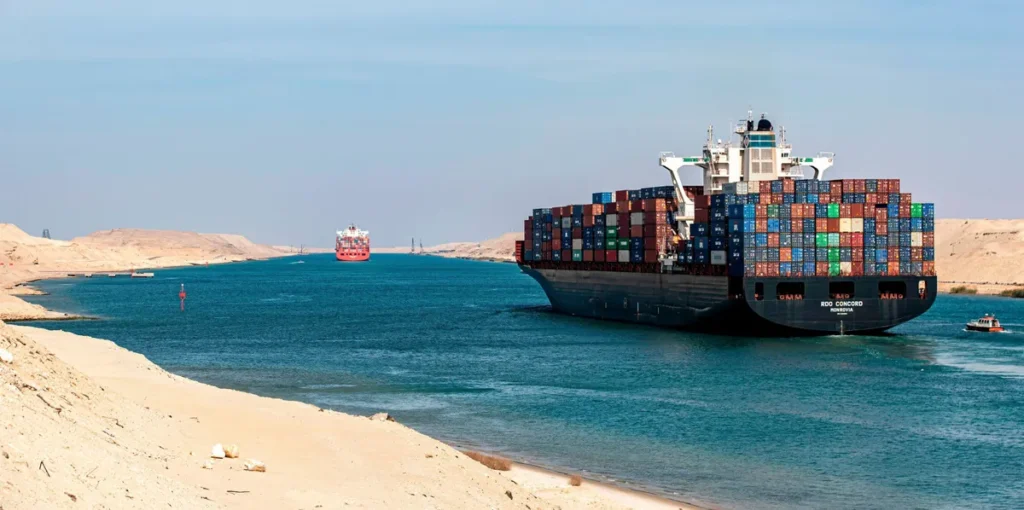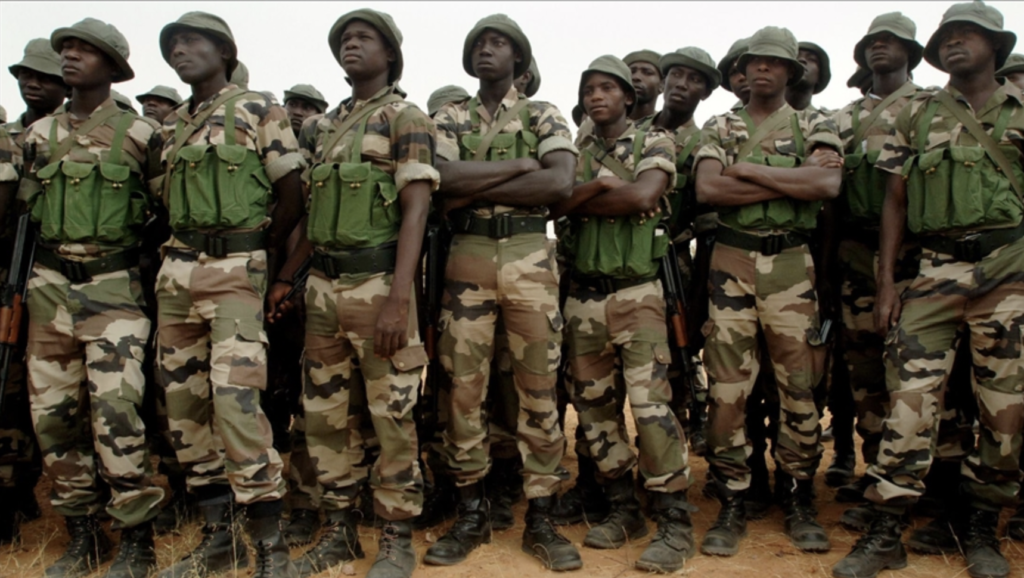
A major fuel shortage has gripped Nigeria’s northeastern states of Adamawa and Taraba after nearly 2,000 petrol stations shut down in protest against an anti-smuggling operation by the Nigerian Customs Service.
The Independent Petroleum Marketers Association of Nigeria (IPMAN) chairman for the region, Dahiru Buba, accused customs officials of unfairly targeting their members.
Buba claims that customs seized tanker trucks and closed fuel stations under suspicion of smuggling petrol across the border to Cameroon.
This comes after the Nigerian government capped petrol prices in June 2023, making the fuel cheaper again domestically.
Previously, a scrapped subsidy had caused a decline in black market activity in neighboring countries like Cameroon, Benin, and Togo.
However, the recent price cap appears to have reignited the illegal trade.
IPMAN vehemently denied any involvement in smuggling and protested the customs operation. Their protests included letters and ultimately a mass shutdown of petrol stations.
According to Buba, over 1,800 outlets have ceased operations, leaving motorists scrambling for fuel.
The customs agency, defended by spokesperson Mangsi Lazarus, maintains they are simply following leads on suspected smuggling activities.
Lazarus claims the seized tanker trucks were being used for illegal purposes.
The stand-off has resulted in a serious fuel shortage. In Yola, the capital of Adamawa, black market vendors have capitalized on the situation, selling petrol at exorbitant prices – nearly double the normal pump price.
With petrol stations closed, motorists are forced to either pay these inflated prices or face empty tanks.
A resolution to the dispute remains unclear. Until the fuel shortage is addressed, residents of Adamawa and Taraba could face significant transportation disruptions and economic hardship.




